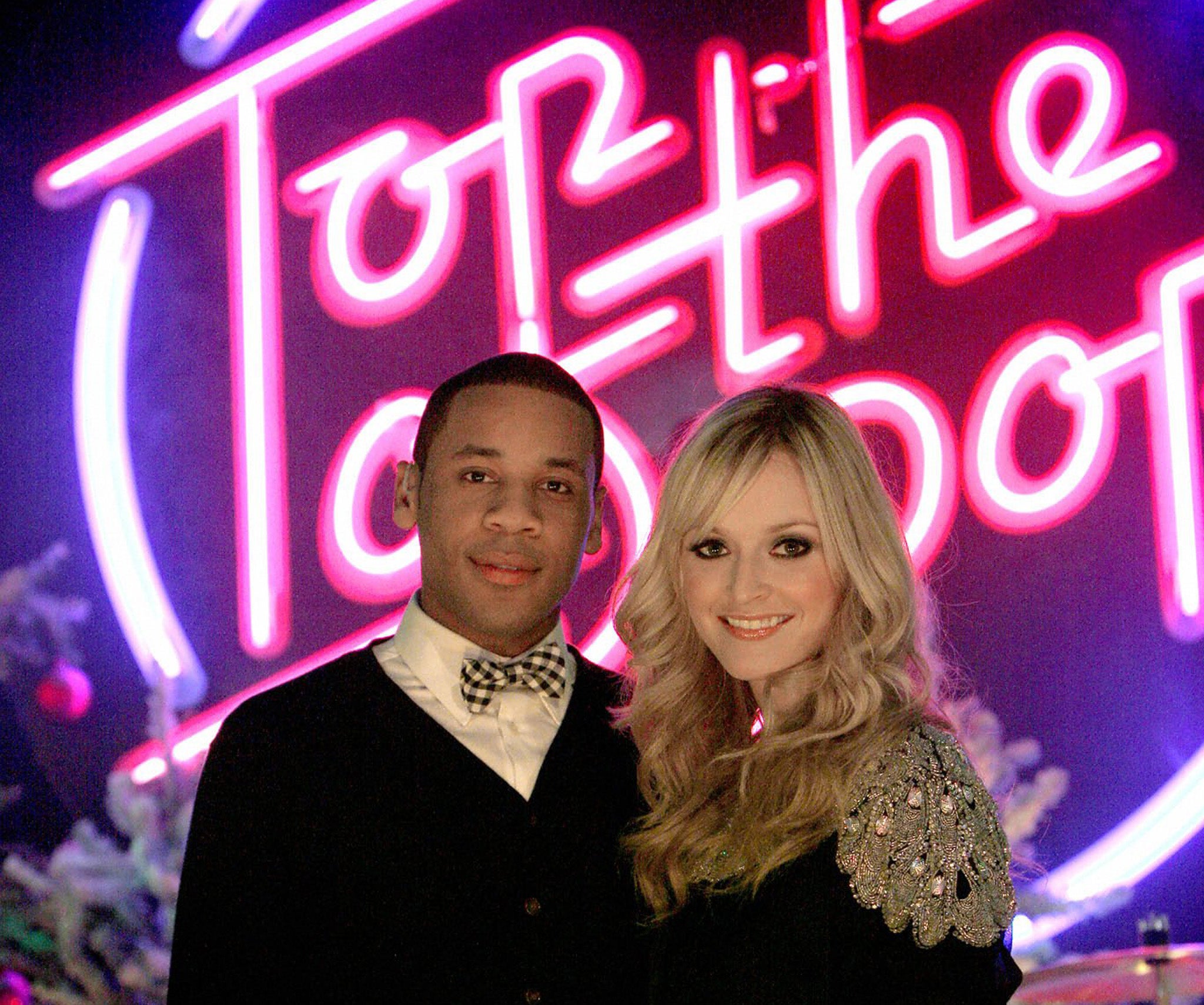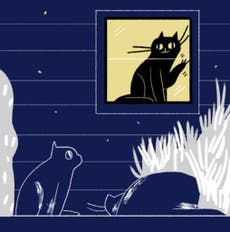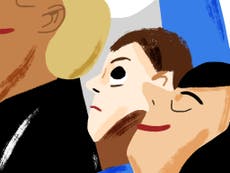The BBC has a social responsibility to bring back Top of the Pops - and I'm glad it's taking it seriously
It should have all the traditional aspects of cheap, shonky, slightly out-of-touch BBC music shows


You might have let out a small snort of derision on reading in The Independent about the BBC’s plot to bring back Top Of The Pops, or something quite like it, to our screens. That’s fine. That’s completely normal. Sneering, snorting or acting generally too cool for school at the mention of Top of The Pops were all standard reactions to the show throughout its 40-year run. Here was a show aimed at young people that each week, in front of a live, squeaking, gyrating studio audience, celebrated the joy, beauty, intrinsic daftness and cultural importance of pop music. Of course it wound people up.
During the Eighties – when my entire week pivoted around Thursday night’s slice of Haircut 100, Duran Duran and Altered Images – my father was regularly led away from the television by my mother, furiously discombobulated by Boy George in a floor-length petticoat or Phil Oakey from The Human League with lopsided hair. Obviously he would be back the following Thursday, spluttering behind his Evening News at that “bloody clip with flowers hanging out of his arse” of The Smiths. I remember these fragments of my life vividly. Top of The Pops, for a sugary, throwaway show, was still rather provocative.
Other refuseniks included my older brother who was into the Cocteau Twins and was, of course, too hip to watch (although he still watched every week) as well as many of the credible, edgy bands themselves who sneered at the very idea of a tête-à-tête with David “Kid” Jensen, but couldn’t resist profitable prime-time TV exposure.
And thank heavens for that, because what we have in the BBC archives from all those decades of Top Of The Pops-related sneering is something uniquely wonderful. In my opinion, BBC4’s regular revisits to episodes from the Seventies and Eighties are as historically revealing and instructive as anything by Simon Schama or David Starkey. These tinny, low-budget, live (or often badly mimed) performances show us so much about British fashion, attitudes and cultural shifts.
Why did the BBC stop making it? It can’t, surely, have been that expensive or irrelevant. They’ve made more than 1,000 episodes of Bargain Hunt since then – a show in which people wearing flammable sports jackets banter about Toby jugs.
I’ve never quite accepted the supposed lack of appetite for Top of The Pops in our modern, YouTube-stuffed lives. Yes, I understand that kids and pop lovers no longer need to dawdle around TV screens hoping for a rare glimpse of an artist. But still, every Sunday night when The X-Factor introduces a guest performer such as Miley Cyrus, CeeLo Green, Jason Derulo or Lady Gaga, it’s at that moment Twitter explodes with joy, one liners, puzzlement and derision.
In our vastly diverse country, we find sudden unity in discussing Justin Bieber’s new haircut, or the fact he’s struggling with the high bits in his chorus.
Right now, it feels like there is so little scope on British TV for “live” performance that when we’re given it, we gobble it greedily. We savour every wonky vocal, terrible style decision, errant backing-dancer and earnest pop lyric, which under closer scrutiny is complete gibberish.
Pop is, by nature, supposed to be this fun and this damn funny. Slick, heavily edited promo videos and gorgeously hewn popstar Instagram feeds are all very well, but we love seeing Rihanna on the X-Factor stage, filling a four-minute live slot while jet lagged and completely under-rehearsed. We adore watching her struggle to hear her backing singers, then, inevitably, being chucked into a live post-performance interview in which she must recall the dates and venues of her upcoming European tour. This is entertainment.
For me, all-new Top Of The Pops – or whatever it is called – should contain all the traditional aspects of cheap, shonky, slightly out-of-touch BBC music programmes (please see Old Grey Whistle Test, Later and The Voice for details), plus a good mix of musically clashing performers to keep a prime-time audience in turn enthralled and infuriated. I want Ariana Grande lip-syncing sugary fluff while wearing fishnets then to go straight to Sleaford Mods looking utterly furious to be there, but held hostage by an upcoming tax bill. Some of the best moments of my childhood were spent watching very cool acts on Top of The Pops having balloons bounced off their heads.
Sleaford Mods would be followed by some berk Scandic DJ who does brilliantly on the Spotify global charts but is the televisual equivalent of watching someone place an on-line Ocado order. Then Adele doing a big ballad to make us cry. And an all-girl dancing troupe to annoy feminists and therefore act as free weekly publicity.
A smattering of very terrible acts are vital for all-new Top Of The Pops because I am now the same age as my father was in the Eighties and have already proudly taken on his mantle by sitting with my nieces and nephews as they try to enjoy Pia Mia and Nic Nac videos, tutting, “Pia Mia? What sort of name is that? And who’s this Nic Nac fellow? Is he nice ‘n’ spicy? Does he give a dog a bone?” This is the circle of life in full splendour.
The BBC surely has a duty to restore Top Of The Pops, or its new likeness, to Thursday nights. Life in Britain seems very serious right now. Let’s have half an hour a week on Planet Pop.



Join our commenting forum
Join thought-provoking conversations, follow other Independent readers and see their replies